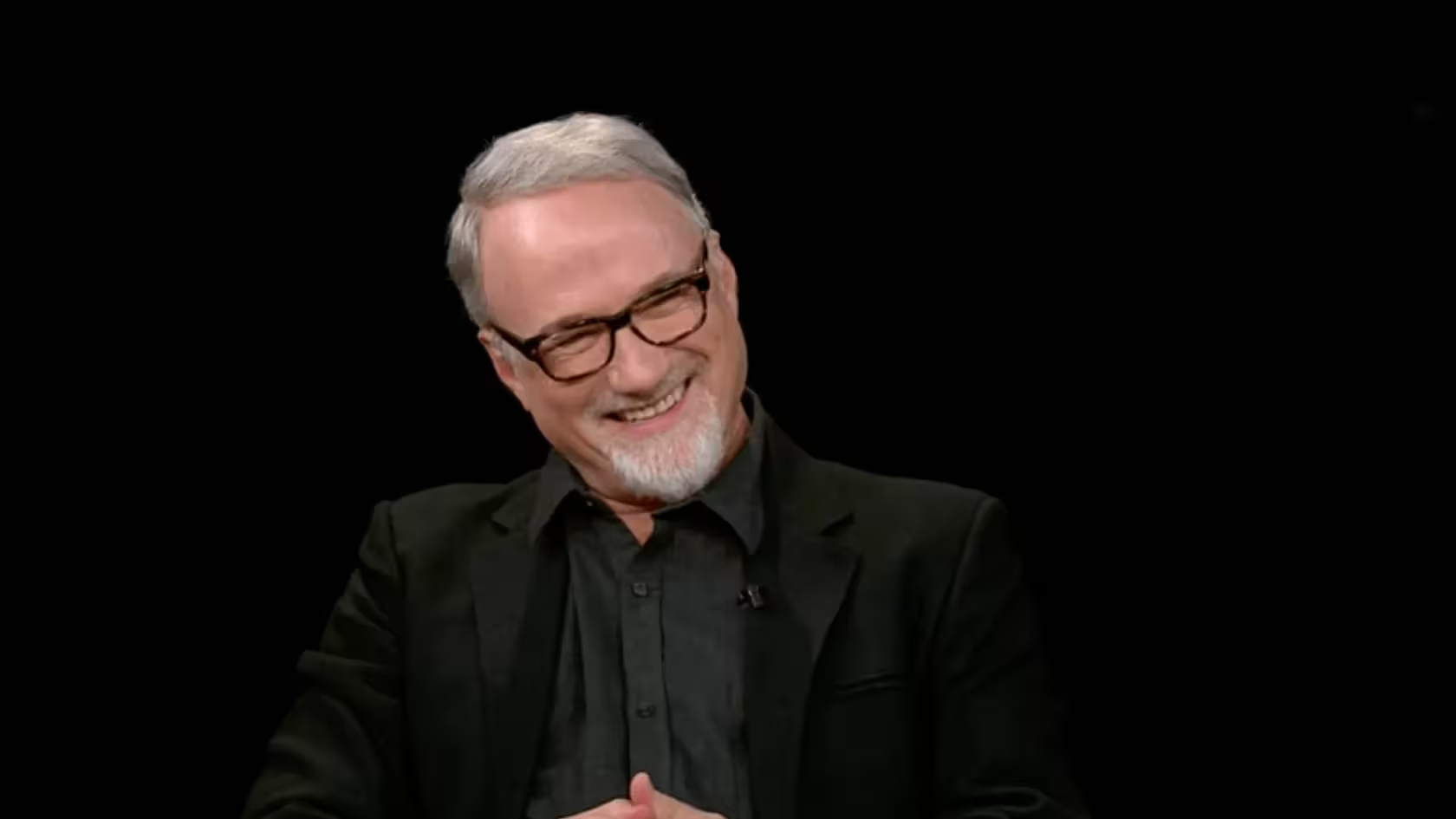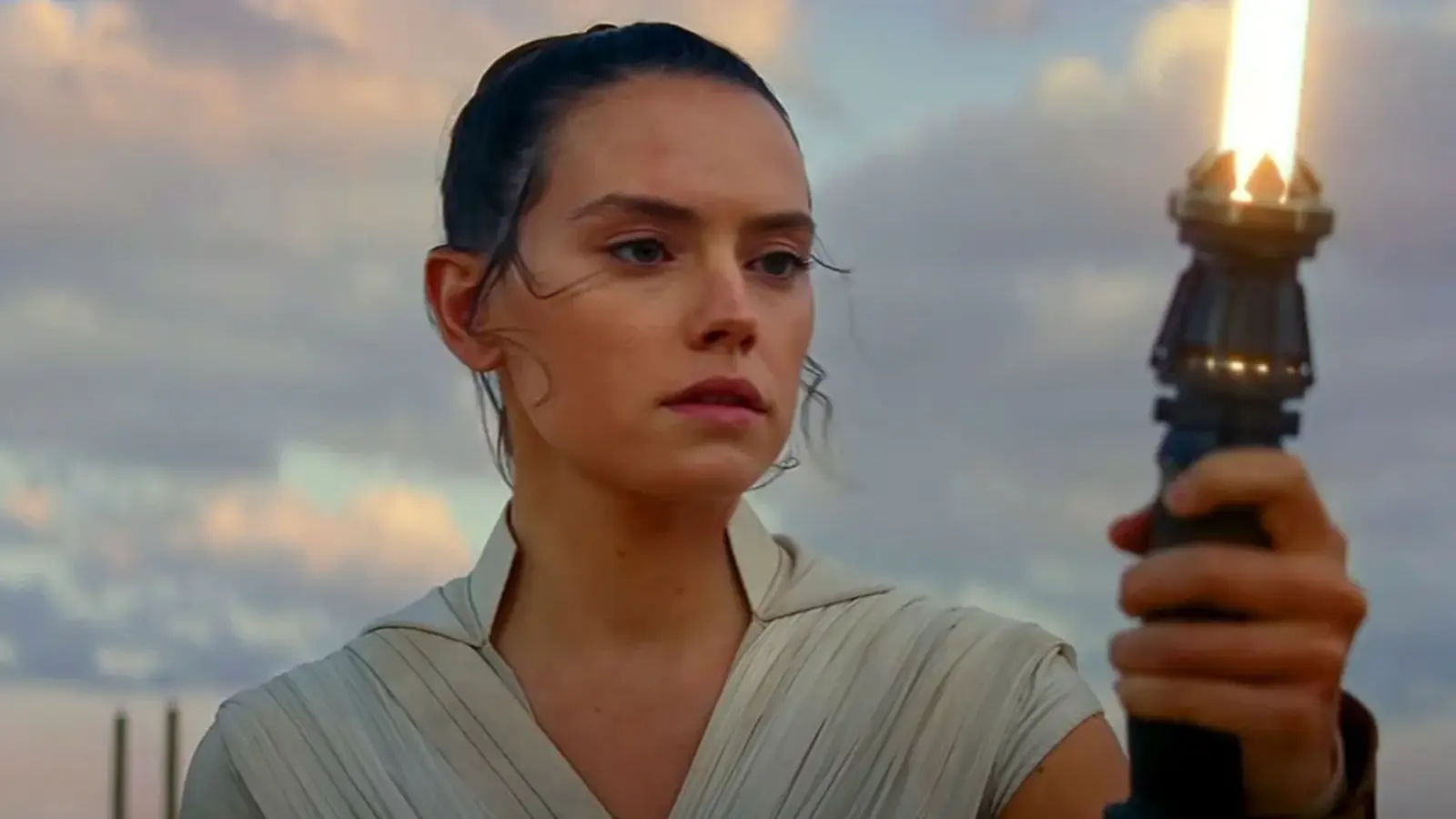5 Minutes
One bold idea, one deal that fell apart
David Fincher is a director synonymous with precision, mood, and control — think Se7en's oppressive gloom or Fight Club's unnerving cadence. So when news surfaced that he had pitched a direct follow-up to Star Wars: The Rise of Skywalker, it sparked instant curiosity across the film community. According to reporting and industry whispers, Fincher did submit a concept to Lucasfilm. Talks happened. But the deal never crossed the finish line.
Why negotiations broke down
The sticking point was creative control. Fincher reportedly insisted on final cut authority — the ability to deliver the definitive version of his film without studio re-editing. Lucasfilm, which tightly manages the Star Wars brand across films, series, and tie-ins, balked at relinquishing that kind of power. The result was a classic auteur vs. franchise standoff: a visionary filmmaker wanted autonomy; the studio wanted to protect a sprawling, multibillion-dollar IP.
Details of Fincher's story are scarce. Sources suggest it would have been a direct sequel to The Rise of Skywalker, but plot specifics were not released. That secrecy is typical for modern Star Wars development: high-profile concepts are often kept under wraps until green-lit and cast.
Context: history, studio dynamics, and precedent
This isn't the first time Lucasfilm has negotiated with acclaimed directors and then moved on. Colin Trevorrow exited Episode IX amid creative differences, with J.J. Abrams returning to finish the trilogy. Rian Johnson's announced trilogy was announced and later shelved. Even Steven Soderbergh reportedly had an idea for a Kylo Ren standalone starring Adam Driver that Lucasfilm ultimately passed on. The pattern reveals a larger industry trend: blockbuster franchises increasingly court auteur talent, but the partnership only thrives when studios and filmmakers find shared guardrails.

Fincher's personal ties to Lucasfilm add an intriguing layer. Early in his career he worked at the studio on Return of the Jedi as a camera assistant, and Kathleen Kennedy — now Lucasfilm's president — once produced Fincher's The Curious Case of Benjamin Button. Those connections mean this wasn't a cold pitch; it was a conversation between professionals who know one another's histories and strengths.
How Fincher’s aesthetic might have changed Star Wars
Comparing Fincher to other directors tempted by Star Wars highlights the tonal possibilities the franchise could explore. While Abrams leans into spectacle and nostalgia, Fincher excels at psychological tension and noirish detail. A Fincher-helmed Star Wars movie might have leaned darker and more intimate — an approach similar to how Denis Villeneuve reimagined Dune as an atmospheric auteur piece rather than a pulpy space opera.
Fan reaction was mixed and vocal. Some imagined a mature, auteur-driven next chapter; others worried the franchise’s core identity might shift too far from the adventurous sweep that defines Star Wars. Industry critics also flagged the financial logic: studios rarely cede final cut because franchise consistency affects merchandise, streaming tie-ins, and long-term brand plans.
'Film critic Anna Kovacs' offered a short perspective: 'Fincher's sensibility would have given Star Wars a rarer psychological edge, but his demand for final cut made a clash almost inevitable. It's a reminder that big franchises require negotiated compromises, and not every auteur wants to share the steering wheel.'
What this tells us about the future
The Fincher-Luciafilm episode is less a failure than a revealing negotiation about authorship in blockbuster filmmaking. As streaming platforms and cinematic universes grow, studios must balance creative freedom with stewardship of cultural properties. While Fincher's Star Wars film was never made, the story underscores how the franchise continues to attract ambitious filmmakers — and how those ambitions must fit into a carefully managed galaxy far, far away.
Whether Fincher returns to Lucasfilm someday remains possible. Given his history with the studio and Kennedy's familiarity with his work, the door isn't closed — it just requires a new alignment of vision, timing, and trust.
In the end, this unmade film has become another intriguing 'what if' for cinephiles: a reminder that behind every blockbuster are complex creative and corporate choices that shape what we eventually see on screen.

Comments
labnova
Is this even true? Feels like classic studio vs auteur tension, if that's real then who blinks first. Merch, streaming, politics always win it seems.
pulsebit
Wow Fincher pitching Star Wars?? That woulda been wild. A darker, moodier galaxy sounds amazing, but final cut battles are messy. Hope they find middle ground.


Leave a Comment